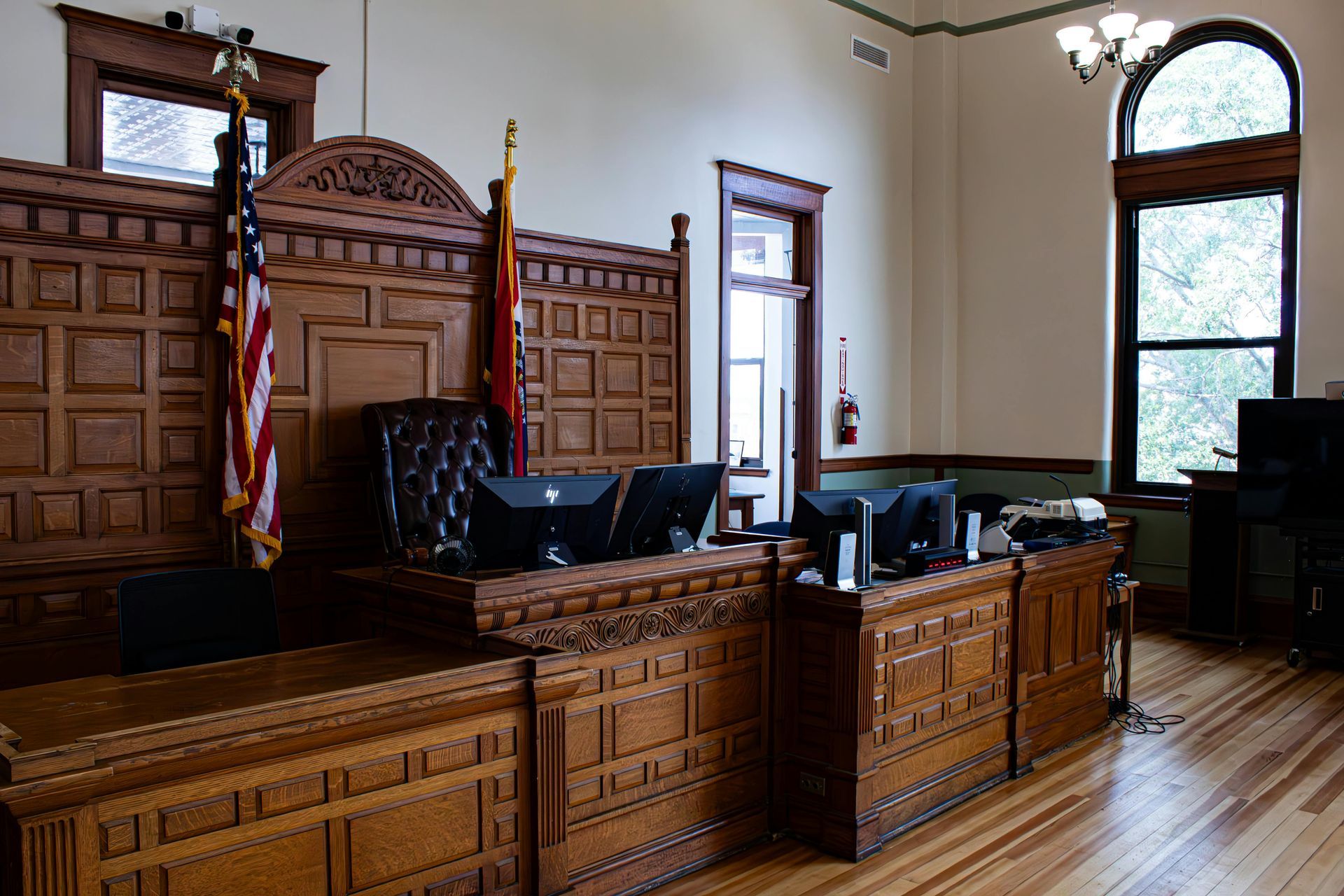Is My "Temporary" Custody Order Now Permanent? The Risk of Waiting Too Long | The Law Corner | Raleigh, NC
Precedent Case:
Ludack v. Ludack, 910 S.E.2d 720 (N.C. App., December 17, 2024).
Sufficiency of findings to support best interest determination; delay in entry of order; temporary v permanent order GS 50-13.2(a) requires that the court make written findings of fact to show the trial court considered evidence of acts of domestic violence between the parties as well as the safety of the child and the parties, and to support the trial court’s determination of what is in the best interest of the child. Findings of fact reflecting each parent’s personal relationship with the child, each parent’s ability to financially provide for the child, each parent’s housing circumstances, the amount of time and kinds of activities each parent usually has with the child, and each parent’s ability to spend time with the child with respect to their work schedule were sufficient to support the trial court’s decision regarding the best interest of the child. The above findings, along with findings regarding the fitness of the school in mom’s district supported the trial court’s determination that it would be in the best interest of the child to reside with mother during the school week.
There is no statutorily mandated time within which an order must be entered following a custody trial. However, a trial court is obligated to enter an order and custody orders must reflect the best interest of the child at the time of the custody trial. When a party would like to hold a trial court accountable for the failure to enter a custody order in a timely manner, the party must seek a writ of mandamus or request a hearing in the trial court on the issue of entry of the order. A party cannot complain on appeal about prejudice resulting from delay in the entry of an order unless the party has first taken steps in the trial court to have the order entered in a timely manner.
A temporary order may become permanent by operation of time, when neither party sets the matter for hearing on the issue of permanent custody within a reasonable time. What constitutes a reasonable time is a fact-specific question to be addressed on a case-by-case basis. The custody order in this case was remanded to the trial court to determine whether the twenty-five-month period between entry of a temporary order and mother’s request for a permanent custody trial was reasonable under the circumstances.
Father filed a complaint for custody and the parties agreed to the entry of a temporary custody order. Twenty-five months later, mother requested that a trial date for the issue of permanent custody be set. The trial was held but the order for permanent custody was not entered until thirty-eight months following the trial. The trial court granted joint legal and physical custody to both parents with mother having primary physical custody and father having physical custody every other week from Thursday through Sunday. Father appealed. Father first argued that the custody order did not contain sufficient findings of fact to support the allocation of physical custody between the parents.
The court of appeals disagreed, holding that while findings must show more than the fitness of each parent, the order in this case was sufficient to show both the fitness of the parents and the reasons why the order of the trial court was in the best interest of the child. Father also argued that the delay of over three years in the entry of the custody order following trial was a prejudicial delay. The court of appeals, adopting the reasoning of the North Carolina Supreme Court in cases addressing delay in the entry of orders in termination of parental rights cases, held that a party must address the issue of delay in the trial court by either requesting a writ of mandamus or requesting a hearing before the trial court to address entry of an order. The court of appeals noted that, in this case, the parties had been before the trial court on several occasions during the three-year period without addressing the issue of entry of the custody order. The appellate court held that a party cannot raise the issue of prejudice on appeal if the party has not tried to first address the issue in the trial court. Finally, father argued that the temporary order became a permanent order by operation of time when it was left in effect for twenty-five months before mother requested a trial on permanent custody. Because it became a permanent order, father argued the trial court was required to find there had been a substantial change in circumstances before ordering the new custodial arrangement.
The court of appeals held that the determination of whether a party requested a permanent custody trial within a reasonable time following the entry of a temporary order is a factual determination to be made on a case-by-case basis. Because the trial court did not address this issue, the case was remanded to the trial court for the trial court to determine whether the temporary order became a permanent order by operation of time.




